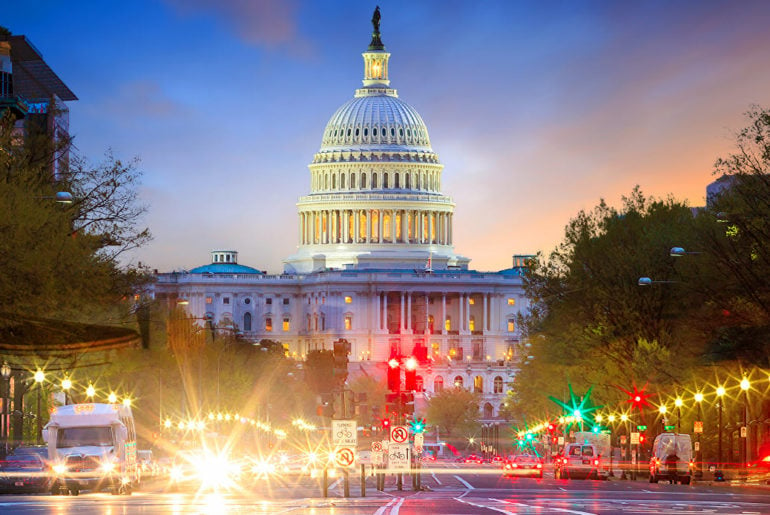On February 22, 2022, the US Government issued a number of additional sanctions measures against Russia in response to President Putin’s recognition of the independence of the “so-called Donetsk People’s Republic (DNR) and Luhansk People’s Republic in Ukraine (LNR)” and his request to deploy forces to those regions – with President Biden characterizing these developments as “the beginning of a Russian invasion of Ukraine.” The new US sanctions measures build on the comprehensive region-wide sanctions imposed on the two territories of DNR and LNR on February 21, 2022, as reported in our prior blog here.
On Tuesday, 22 February, a meeting of the EU Foreign Affairs Ministers took place to discuss a proposed package of sanctions in response to Russia’s actions in the Donetsk and Luhansk Regions of Ukraine.
The Swiss Federal Council has discussed the situation in eastern Ukraine at its meeting of 23 February 2022. It condemns Russia’s recognition of the two non-government-controlled territories of the Donetsk and Luhansk regions as independent states as a violation of international law. While the Swiss government has not decided on adopting any sanctions or measures yet, it has stated that it wishes to ensure that Switzerland will not be used as a platform to circumvent sanctions imposed by the EU, as it has already done since 2014, and is therefore examining the newly adopted EU sanctions closely.
In response to Russia’s recognition of the so-called Donetsk People’s Republic and Luhansk People’s Republic on February 21, 2022, Canada has announced the imposition of new sanctions measures.
Join us for a brief webinar on 1 March 2022 to hear from our experts on the latest sanctions measures introduced against Russia and certain parts of Ukraine. We are well-positioned in all relevant jurisdictions to help you understand and respond to the various sanctions measures. Our panel will comprise of Baker McKenzie trade and sanctions attorneys from Ukraine, Russia, the United States, the United Kingdom, the European Union, Canada, Japan, Australia and Switzerland. The panel will summarise the key measures and propose key practical take-aways for businesses to focus on.
On 10 February 2022, the UK Government published amendments to its Russian sanctions programme, enabling it to designate a wide variety of parties “involved in […] obtaining a benefit from or supporting the Government of Russia“. No new designations have been made at this time, but the UK Government has previously indicated that the powers are intended to be used in response to any Russian incursion into Ukraine. The amendment came into force at 5pm UK time on 10 February 2022.
US Senate Democrats, with support from the White House, have introduced the Defending Ukraine Sovereignty Act of 2022. This bill seeks to deter a Russian “escalation” of hostilities in or against Ukraine through the threat of imposing sanctions against Russian officials and companies, as well as individuals and entities involved in the Nord Stream 2 pipeline.
On 28 January 2022, the Russian Ministry of Foreign Affairs notified the representative office of the European Union about the expansion of the list of representatives of EU member states and institutions prohibited from entering the territory of the Russian Federation. The names of the banned persons did not become public. No economic sanctions have been imposed against them.
The Australian government has been consulting on potential additional sanctions measures to target Russian individuals and entities if considered by the government as being implicated in aggression towards Ukraine. At this point it is unclear what regulatory path the government would take in imposing any new measures. The government could impose measures using the new US Magnitsky-style thematic sanctions that took effect in December 2021. Alternatively, the government may decide to take the path already well-trodden and add to the existing list of designated parties for Russia, Crimea and Sevastopol.
Following developments on the Russia-Ukraine border, Baker McKenzie invite you to join us for a webinar to help prepare your business for the possible impact of instability in the region. While the international business community very much hopes for a de-escalation of the situation, we are well-positioned in all relevant jurisdictions to help you anticipate and deal with various measures that may potentially be imposed should matters escalate further.



